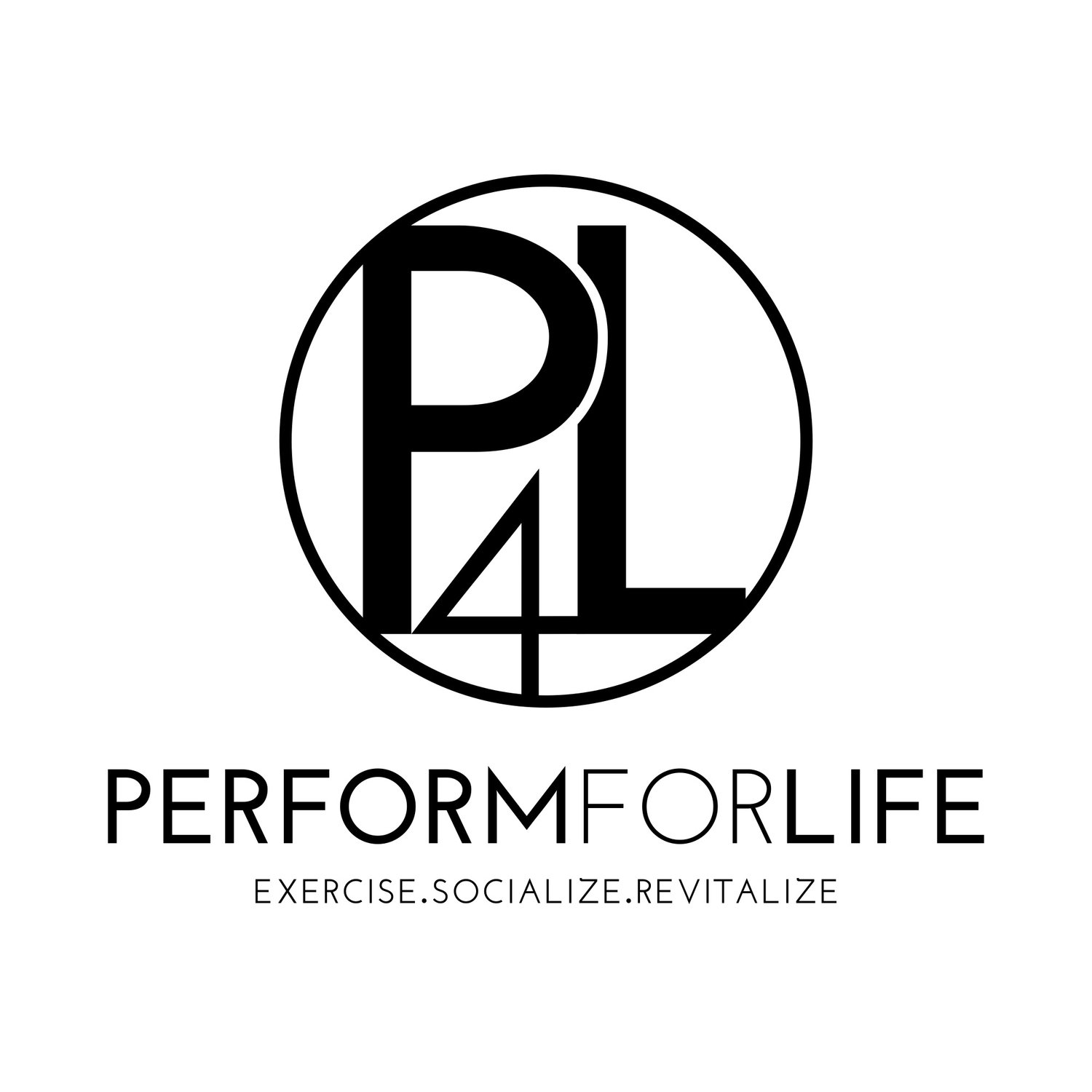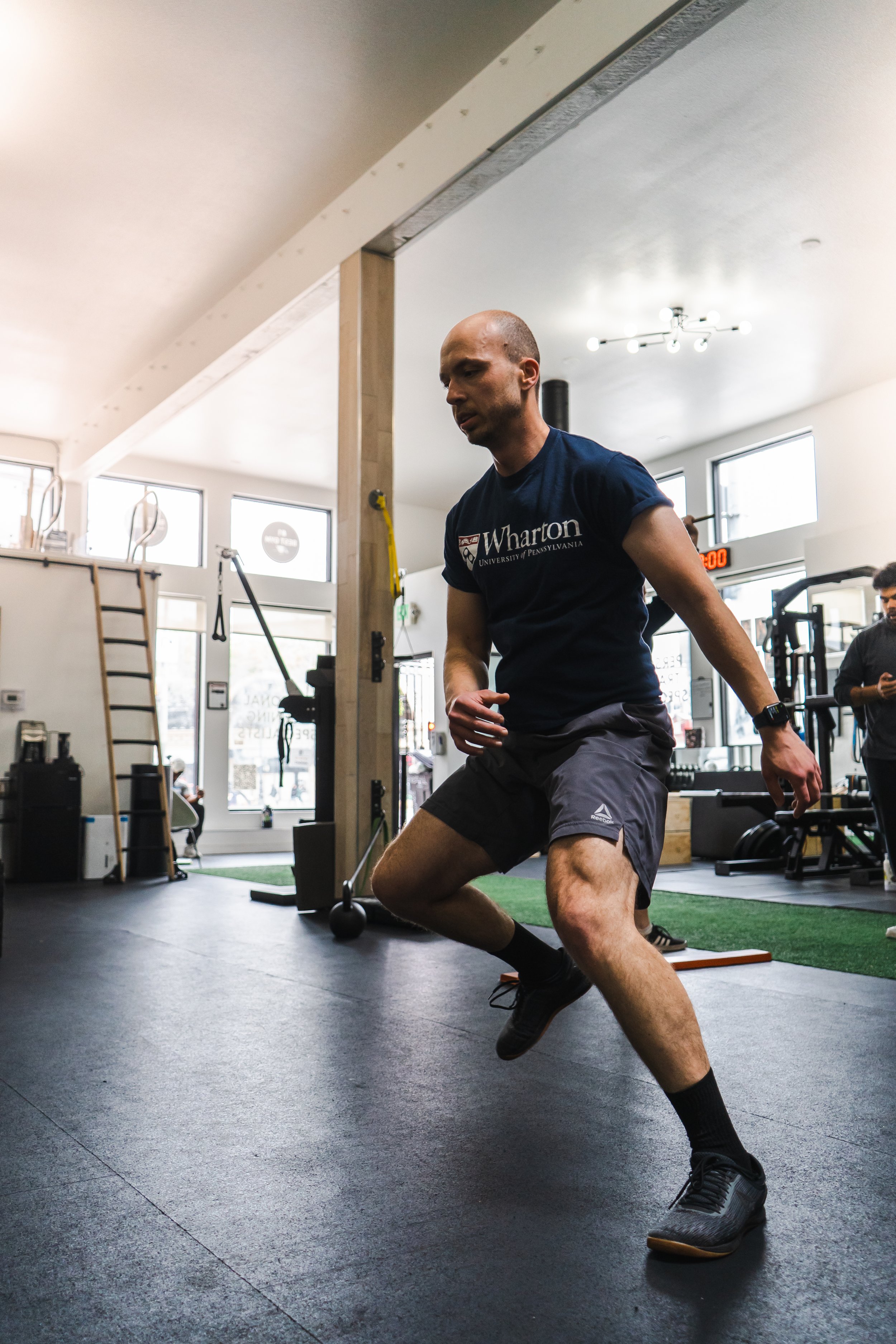Why I'm a Movement Specialist and Clinical Bodyworker
I’ve always thought that hearing someone’s story about why they do what they do can be one of the most fascinating ways to get to know a person. I get to understand where they come from, what type of experiences they’ve had, what they’re passionate about, what drives them when life gets tough, and if I’m lucky, I get to learn something that I might never have known about them through regular conversation and interaction. Through hearing the stories of others, I’ve been able to learn from the experiences of others, grow in my respect for those individuals, realize that I have much to be thankful for in my own life, and become inspired to press on with my dreams. I wanted to share with you my story about why I’m a Movement Specialist and Clinical Bodyworker - why I do what I love to do. I realize now how much I’ve hyped up my story so just as a disclaimer, I’d like to say that I don’t think my story is so crazy that you’re going to learn from the experiences of my 23-year life or become inspired to take over the world, but hopefully, I’ll be able to entertain you and you’ll be able to learn a thing or two about me that you didn’t know before.
The Origin Story
The first time I ever went out of my way to work out on my own (I’m making a point to emphasize this as I grew up playing a variety of sports casually and competitively), I did so because I was being a dramatic teenager in high school and I thought my world was shattered after a girl had “broken my heart”. The truth was that I was just a dumb and awkward teenage boy. In my dark, spiraling depression, I told myself that I didn’t end up with that girl, and that I was never going to end up with any girl at all, because I didn’t look a certain way - because I didn’t have a six pack and I didn’t have arms so huge that they couldn’t be lifted above my head.
So what did I do? I turned my emo pain into anger, and I used that anger to fuel my intense P90X and Insanity workout routines. I didn’t know a thing about exercise, so with P90X and Insanity’s promises to get me ripped and lean, I was sold on the video workout plans. I worked out twice a day during one summer, and when the school year started up again, I’d get up an hour earlier than normal to work out before classes - only to have to go to tennis practice for hours after school was over. Every time I wanted to give up during a workout, I reminded myself of what it felt like to have been rejected so that I would press on. At first, it seemed as though my efforts were futile, but as time went on, and as I consistently pushed myself and strictly adhered to my diet, I began to see results.
To make this part of a long story short, I wasn’t facing my romantic problems appropriately and I was only using fitness to cope with my issues instead of using it to better my health. I did, however, learn something extremely valuable: I learned that if I set my mind to something, if I put in hard work and sacrifice and countless hours of dedication, I could achieve anything.
Fast forward to my freshman year of college at the University of San Francisco. I was a biology major with hopes for going to medical school, which means that I was a biology major with family, relatives, and friends who had extremely high hopes for me to go to medical school - no pressure or anything. That pressure was then coupled with dwindling hope as I was barely passed my core classes and was withdrawing out of the chemistry class that I was about to get a D in.
The Epiphany
So what went wrong? What happened to the all-knowing and wise Austin who just learned that he could achieve anything he set his mind to? Why was he getting a D in freshman-level chemistry? The problem was that, instead of studying compounds and electron configurations for classes, he was studying set and rep schemes on Bodybuilding.com so that he could figure out how to get jacked. He was learning that you can’t just achieve anything, but rather that you can only achieve something that you actually give a damn about.
And that was the problem: I didn’t give a damn about chemistry or biology. I loved movement and I loved the way the human body worked, especially in relation to exercise and nutrition. By the end of my freshman year, I had switched my major to kinesiology and it was the best academic decision I could have ever made. Instead of studying “life” by staring at bacteria in a microscope, I was running a living person on a treadmill to figure out their cardiac output. Instead of figuring out how elements were interacting in a beaker, I was learning how the perfect balance of macronutrients can fuel various athletes for optimal performance. For me, kinesiology was the perfect balance of science and movement, and I couldn’t be happier.
The Journey
My time at USF flew by and before I knew it, it was the summer before my final semester of school. I was loving everything I was learning about, and I was very seriously considering a career in personal training. I wanted to help people feel good and look good, but I also wanted to use training as a medium to share with people the lesson that I found so valuable: that they could achieve anything if they worked hard and set their mind to it. I looked into personal training internships and I happened to stumble upon one at Perform for Life.
I applied and was interviewed by Bryant and Justine and accepted for the summer internship. It was everything I wanted and more - like, lots more. Lots more of waking up at 5 AM, and lots more of doing difficult and seemingly endless business assistant work. It was hard work, but I learned more than I could have ever hoped for - I learned the value of community, what customer service and networking in the real world is like, how concepts of training and exercise physiology pertain to real people and not just textbook examples. While learning these positive skills, I also had to learn a hard lesson early on during my time at Perform for Life: how bad the feeling is of my client getting hurt.
I asked myself all kinds of questions. Was it my fault? Could we have avoided the injury? How long will my client be unable to workout? How much is this going to impact their daily life? As you could guess, this drove me to become very careful and methodical in my approach to training. I obsessed over pain and injury management with movement and devoted myself to learning as much as I could about corrective exercise as a means to help people with serious issues. Immediately after earning my kinesiology degree from USF, I went to massage school for a year so that I’d have an additional skill to help my clients - but I didn’t stop there. I took functional neurology courses such as P-DTR so I’d have an even wider variety of tools to help people in pain. My client’s injury made me feel like the heart-broken high schooler again as I immersed myself in anything and everything I could learn about from courses and my mentors so that I could feel like I was making things right.
I may have been going a bit hard on myself, but this time, I wasn’t just using my learning to cope with my issue. I was learning about methods and modalities for healing in movement and bodywork that I genuinely had a passion for. I loved, and still love, learning everything there is to know when it comes to the ways our bodies move, function, and heal, and since our bodies are still such a mystery to us, I know I’ll be learning for a long time.
I think that’s what I love most about being a professional in the health and fitness field - I’m never going to stop finding new things about the way we move and the way we can heal. It’s a never-ending chase to learn about the latest finding or the new best technique and that’s what I love about being a Movement Specialist and Bodyworker. So why do you do what you do? What’s your story? Hope to hear from you soon.











